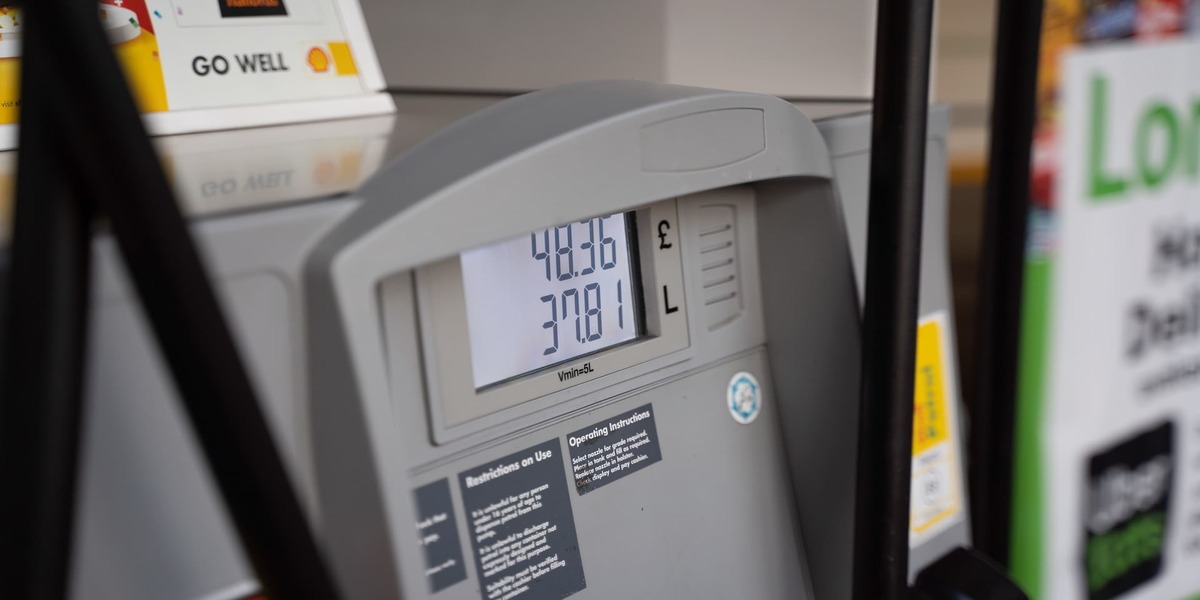The G7 group of major economies implemented a cap on the price of Russian oil. Russia has said it will not accept the price cap and threatened to stop exporting oil.
Opec+, a group of the top oil-producing nations, announced on Sunday that it would continue to follow its strategy of cutting output to support world prices.
The 23 oil-exporting nations that make up Opec+, including Russia, frequently meet to decide how much crude oil should be sold on the international market.
According to Kang Wu of S&P Global Commodity Insights, "Opec+'s decision to maintain the quota where it is, is by itself an implicit kind of support to the oil market."
Russia will undoubtedly feel the effects of the sanctions, but the blow will be somewhat lessened by its decision to sell its oil to other markets, like India and China, which are now the two biggest consumers of Russian petroleum.
World oil prices rose to their highest level in more than a week, boosted by the easing of restrictions on Covid-19 in China and the threat from Russia to stop exporting oil. The price of Brent crude oil on Monday rose by almost 2% to $87.25, but US crude was back below $64.00 a barrel after traders said they not only wanted to see more Opec but also a new leader at the helm.
Oil prices were boosted by easing Covid restrictions in some Chinese cities, which could lead to more demand for oil.
The price of crude oil has jumped over the last few days after Russia and Ukraine started fighting. United Nations (UN) Secretary-General Ban Ki-moon has called for the continuation of ceasefire talks, saying "there is an urgent need to determine the terms of a peaceful resolution".
This article was contributed by our expert Harsh Khandelwal
Frequently Asked Questions Answered by Harsh Khandelwal
Q1. How has the Russia-Ukraine war affected fuel prices?
Russia is one of the largest oil and natural gas producers, producing an average of 10.5 million barrels per day in 2020. When they invaded Ukraine in February 2022. Europe, the main market for Russian fuel, acknowledged its dependency on the industry.
The US and UK governments then signed executive orders banning imports of Russian hydrocarbons, and the E.U. announced a two-thirds cut in their Russian oil imports, causing prices to skyrocket.
The demand has risen again as economies recover from the pandemic, but this war has caused a disruption in global supply due to sanctions and foreign policy changes that have affected not only prices but also all activities reliant on hydrocarbons.
Q2. How is the war in Ukraine affecting the global oil trade?
The invasion of Ukraine by Russia has caused a major shift in the global oil market, resulting in African suppliers filling European demand and Moscow using hazardous ship-to-ship transfers to get their oil to the Asian market.
This is the first significant shift since the U.S. shale revolution and indicates that Russia's ability to keep selling oil will continue as long as China and other Asian countries remain buyers. The transfer of Russian crude to Asia has increased by at least 50% since January.
In order to make up for this lost Russian crude, Europe has been importing more West African crude, while India's imports from Africa have roughly halved. In addition, the U.S. has increased its oil supply to Europe, which was demonstrated by an increase of over 15%.
Q3. How much have gas prices increased since Russia invaded Ukraine?
Oil prices are defying expectations and have only slightly increased this year. West Texas Intermediate crude futures settled at $77.24 per barrel on Monday, after dropping to $73.60, the lowest since December of last year. On the whole, WTI is up 2.2% in 2022.
Consumers can expect gasoline prices at the pump to keep decreasing over the next month-they may even be lower than last year's prices by Christmas.
The recent Covid-19 lockdown in China has substantially altered oil forecasts-some predicted it could surge up to $150 per barrel or more when Russia invaded Ukraine last March, causing WTI to spike to around $130 a barrel. The latest protests against Beijing this weekend raise further questions about China's already fragile economy and its impact on oil prices going forward.
Q4. What is the future of the oil and gas industry?
The oil and gas industry is no stranger to supply disruptions and price volatility, yet today's situation is extraordinary. Economic, geopolitical, trade, policy, and financial factors have all contributed to an energy crisis where all three components of a balanced equation — energy security, supply diversification, and low-carbon transition — are now facing a trilemma.
For now, companies are benefiting from high energy prices and record cash flows while pondering how and where to invest in the future. O&G executives remain positive about the prospects for the industry in the coming year, which could help offset recent underinvestment and help speed up the energy transition.
Two major trends will likely shape the next 12 months:
- Improved balance sheets opening up new possibilities for oil and gas expected policies that will accelerate the clean energy transition
- Investments in natural gas that could facilitate the clean energy transition

